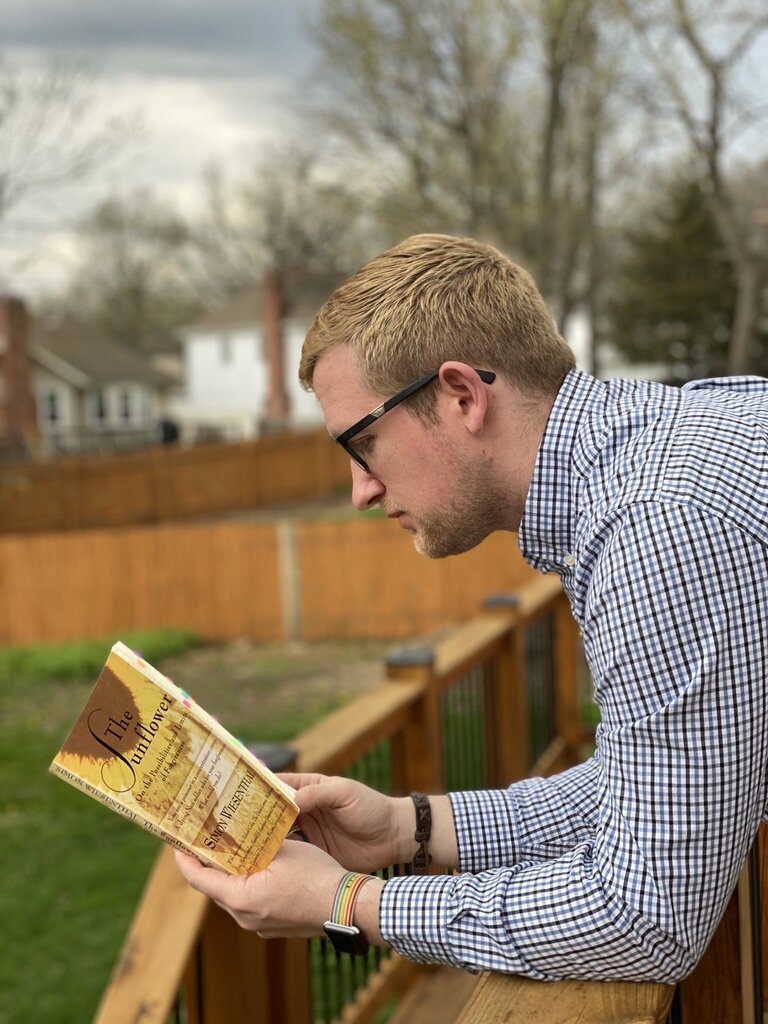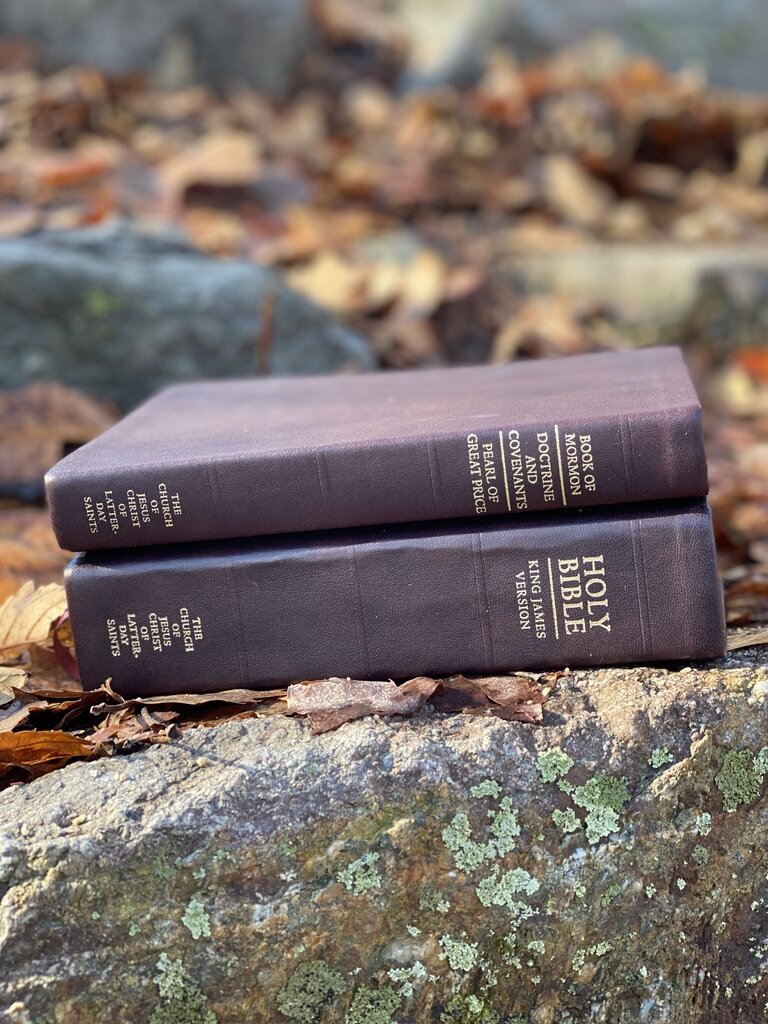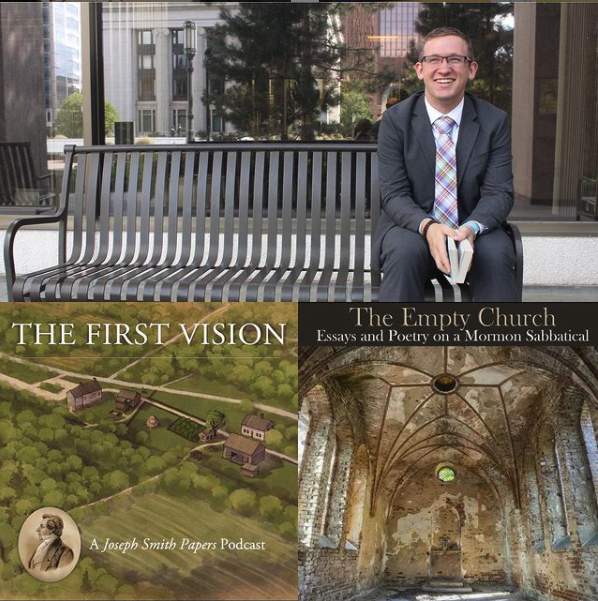Adam McLain
Adam McLain is a PhD candidate in the department of English at the University of Connecticut and a JD candidate at UConn Law. He researches and writes on dystopian literature, legal theory, and sexual justice. He has a BA in English, editing, and women’s studies from Brigham Young University, a master of theological studies, emphasizing in women, gender, sexuality, and religion, from Harvard University, and a MA in English from the University of Connecticut.

Not with Musket Fire, but with a whisper
Today I woke to smoke from apostolic musket fire. Inappropriate and vitriolic as the rhetoric of Elder Holland was, Latter-day Saint theology does not find God in the musket fire, but in the whispering wind that dissipates the smoke.


A Sunflower Reflection; or, On My Fears of Forgiveness
As a murderer lies dying, the representative of the murdered hears his confession. In essence, it is a double confession: words spoken from the mouth of the Nazi of the atrocities committed during his reign as superhuman; thoughts reflected upon in the mind of the Jew of the atrocities committed during his imprisonment as subhuman.

On Christian Theology, a Continuous Reflection on Potential
Every morning I walk by a United Methodist Church on my way to the gym. The building is of the gothic variety, investing itself in awe and wonder and power and history. This Christmas past they set up a cut out of the nativity scene. As I walked by this morning, the scene was still set up, presenting the continuous message of peace the Child heralds. Not yet Christ, not quite God, just infant, the Child, like Christianity itself, holds wondrous potential.

Of Testimony, Revelation, and Story: The Empty Church and the First Vision
Earlier this month, I had the opportunity to read The Empty Church: Essays and Poetry on a Mormon Sabbatical by Mette Ivie Harrison. This book was beautiful, personal, and wonderful. It was enlightening to read someone going through a faith transition and hear her candid take on the Church, on her own faith, and on her own journey. This wasn’t a story distilled to myth that is shared over the pulpit; it was an individual’s personal interaction with deity written on the page, stark and glowing.
Essaying; or, Why I Blog
To Think
Writing is a spiritual experience. It is a movement toward greater understanding of myself and the world around me. It is a journey toward apotheosis as I come to know my humanity better through the words I write. I write because it allows me to ruminate on a subject, not coming to a definitive conclusion, but rather opening the door to understanding, even in just a little way, the simple complexity and complex simplicity of the universe that surrounds us.
To Share
Writing is a communal experience. It is meant to communicate thoughts across words in order to form other thoughts in other beings. Those thoughts do not come perfectly thought-for-thought, word-for-word, but in their imperfection, there is a connection, a community that is formed between you and me. A joining. A unity.
To Experience
Writing is an experience. Taking the time to consider something and then to write about it allows one to experience and re-experience an event, a moment, a text.


